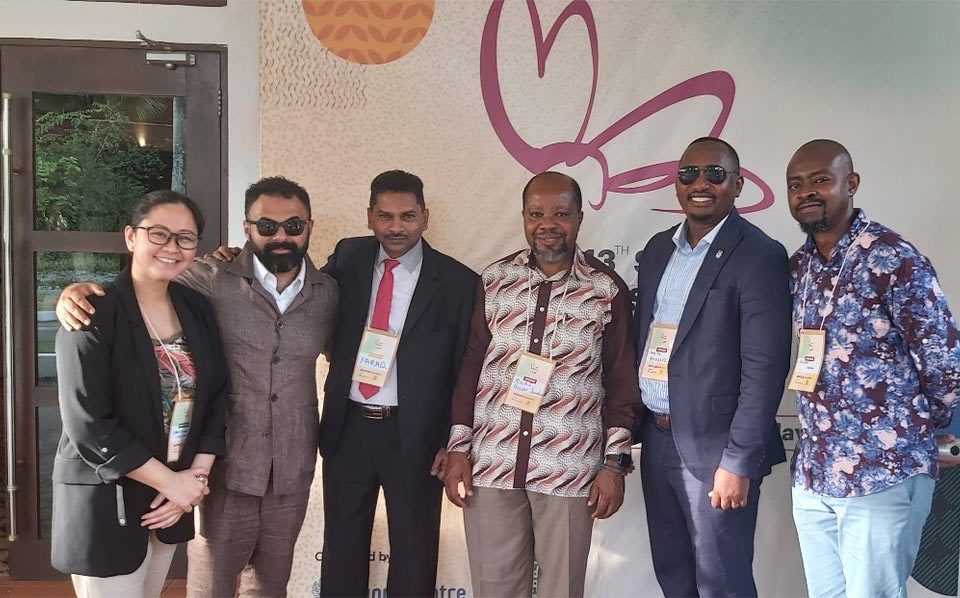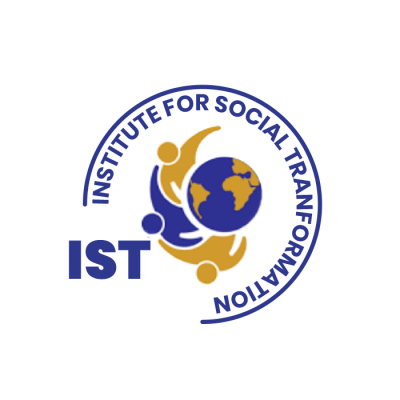
The African Country Forum took place as an integral breakout session of the 13th Social Business Day 2023 in Langkawi, Malaysia, drawing 42 participants both in-person and online. At the center of the discussions was the theme, “Economic Resilience for the Sustainable Future of Africa,” with conversations revolving around how to strengthen the economic resilience of African nations through joint efforts and the need for local innovation and human-centric policies.
The continent’s dominant economic patterns result in reliance rather than self-sufficiency. Africa’s reliance on foreign resources and imports has made it vulnerable to global economic shocks and fluctuations, impeding its economic resilience. This is due to a lack of investment in industrial development, as well as an over reliance on imports despite the fact that Africa is rich in untapped resources. Think about the economic slavery, in which foreign firms abuse African resources with the complicity of African leaders. In this economic model Africans do not benefit from these resources. ”What belongs to you does not belong to you,” we might say. They plunder our resources, depriving Africa of what it requires for development, while we continue to beg for what has been taken from us. Shifting towards a pro-African inclusive social economy that allows Africans to fully benefit from their indigenous resources is a critical step towards reducing economic disparities and promoting self-sufficiency.
“A social economy that prioritizes the well-being of all community members is the path to sustainable development in Africa.” – Dr. Yawovi Jonas, Director, Institute for Social Transformation, Tangaza University
Civil society organizations can play a key role to regulate the use of Africa’s resources. They have the power to lobby for policies that protect the continent’s resources and ensure they contribute to local development.
Emerging social entrepreneurs in Africa who are finding home-grown solutions to local problems are enabling the continent to break away from the present system and build self-sufficient local industries. Supporting and creating an enabling environment for these home-grown solutions is paramount, particularly for disadvantaged individuals such as women in the informal sector. Providing better access to financial services and entrepreneurial opportunities can significantly enhance economic resilience. Examples of such efforts include the work by the Grameen Foundation, which focuses on supporting women with micro-enterpises at the grassroots level.
Ms. Christina Jeanne G. Violago – Regional Director, Grameen Bank Asia and the Pacific.
“Empowering women and girls is not just a goal; it’s a pivotal strategy to break the cycle of poverty and foster economic stability in Africa.”
In this regard, capacity building and skill training is a critical area of focus. The development of a critical mass of adaptive social entrepreneurs is important for Africa’s economic resilience. Government involvement in this endeavour is supporting innovation and entrepreneurship, especially through funding education and skill development.
Government also needs to create an enabling environment for these social businesses. This includes investing in development of infrastructure. Debt financing for infrastructure has been seen in the past to create fragility. Governments need to consider alternative financing models. Why doesn’t government involve local engineers and trust them to design and implement infrastructure projects? This is more sustainable. Addressing the challenges of corruption is also crucial especially since corruption impedes the sustainability of these infrastructure projects.
African countries must accept diversity as a source of economic growth, identifying each nation’s own production potential. The African Free Trade Area represents a huge opportunity for economic progress and partnership. However, trade obstacles must be reduced or abolished to allow for smooth intra-African commerce. African nations may utilise their unique diversity by embracing interconnection and breaking down historical barriers. Collaboration, rather than competition, can enable states to benefit from one another’s capabilities in creating various goods and services, promoting economic links, resilience, and a sustainable future for the entire continent.
International institutions also play an important role. Aside from finance, they may stimulate skill development and technology transfer via collaborative efforts, allowing communities to take ownership of their resources and create indigenous enterprises. Skill development and technology transfer have been critical drivers of economic growth for instance, in Germany and Japan. International institutions need to use such success stories and implement proven strategies to empower communities to take control of their resources and develop local industries and social enterprises that solve the continent’s problems.
“Collaboration and international cooperation are key to unlocking Africa’s economic potential, learning from successful models worldwide.” – Daniel Ayebare, Founder and CEO, Aye Africa Foundation
To establish economic resilience in Africa, a comprehensive approach is required. Agriculture, energy, and waste management are key areas that contribute to economic stability. Given that agriculture is a major industry in many African countries, the consequences of climate change present a substantial challenge. The consequences of climate change on soil moisture, weather patterns, and increasing floods create difficulties to agricultural output. It is critical to learn from effective climate change policies and work together to address this issue. Furthermore, lifestyle change, particularly among the younger generation, is crucial, as seen by the emergence of global movements like the three zero club that educate the youth on integral ecology.
Africa can achieve economic resilience through joint efforts by various actors to transition towards a pro-Africa inclusive social economy and bolster development from the grassroots levels.
